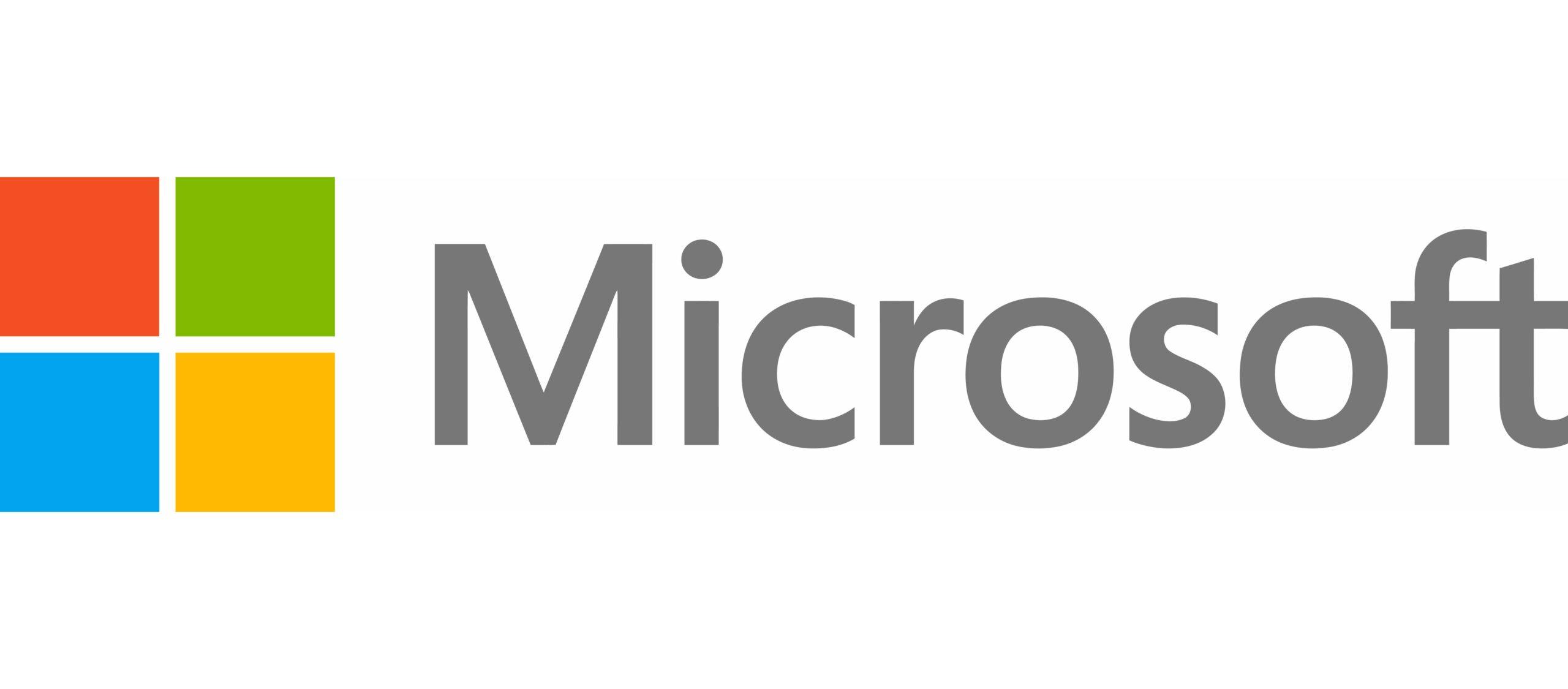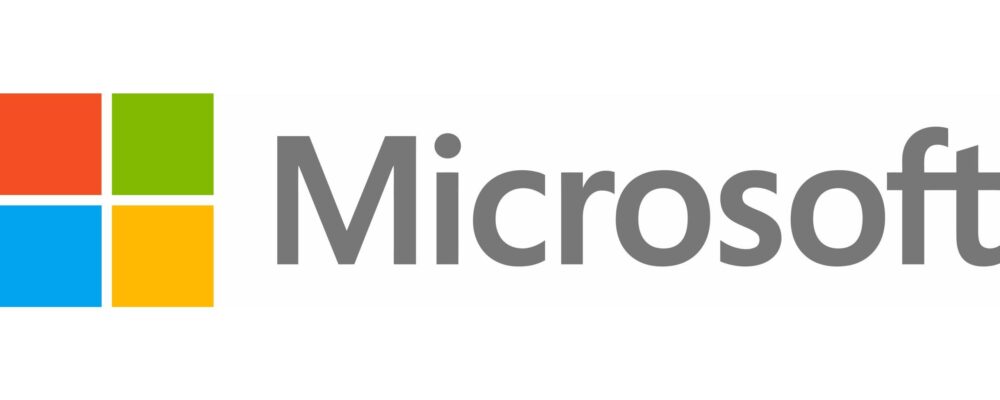AI-powered speaker recognition technology has now expanded to all Teams Rooms on Windows devices, regardless of the microphone type. This was previously only available with intelligent speaker equipment in the room. Now any Teams Room on Windows can enhance meeting experiences with precise speaker attribution and intelligent insights from Copilot. Everyone can be recognized and get the most from Copilot with our cloud technology, Teams Rooms devices such as Surface Hub 3, and other devices certified from partners.
Microsoft’s intelligent speaker recognition analyzes the distinct vocal characteristics of each speaker, such as pitch, tone, and speaking style. We think of it as a voiceprint for each participant, akin to a fingerprint for their voice.
There are several benefits to enrolling your voice to enable speaker recognition. Background noise is suppressed so that calls and meetings are easier to hear with noise suppression using voice isolation. Intelligent recap and Copilot are enabled because speakers in meetings are identified and whatever they say is attributed to them in the transcript.
 Speakers in Teams Rooms who have enrolled their voices will be identified in meeting transcripts and Copilot in Teams
Speakers in Teams Rooms who have enrolled their voices will be identified in meeting transcripts and Copilot in Teams
In a hybrid meeting without speaker recognition, the video and audio feeds of participants in the room are assigned to the location (e.g., Conf room 1245) rather than each speaker. This makes it difficult to identify individuals’ contributions, summarize everyone’s perspectives, or address action items.
 Results without speaker recognition: audio will be attributed to the room unless individuals have enrolled their voices. In this case, you can see that all speakers in the room are grouped under “Conf room 1245”.
Results without speaker recognition: audio will be attributed to the room unless individuals have enrolled their voices. In this case, you can see that all speakers in the room are grouped under “Conf room 1245”.
 Results without speaker recognition: audio will be attributed to the room in AI notes.
Results without speaker recognition: audio will be attributed to the room in AI notes.
With speaker recognition, Teams Rooms can identify speakers during live transcription in shared meeting rooms, ensuring clear and precise voice capture for every participant. This allows you to effortlessly track who said what during the meeting through the meeting transcript and to enable intelligent meeting recap and Copilot.
 Results with speaker recognition: Mona and Danielle, individuals in the conference room, are each attributed in AI notes
Results with speaker recognition: Mona and Danielle, individuals in the conference room, are each attributed in AI notes
 Results with speaker recognition: Mona and Danielle, individuals in the conference room, are each attributed in AI Notes.
Results with speaker recognition: Mona and Danielle, individuals in the conference room, are each attributed in AI Notes.
Getting started is easy for IT and individual users
Identifying each speaker is a crucial input for Copilot in Teams. It utilizes the meeting transcript so it can deliver summaries, insights, and action items. End users can easily create a voice profile in the Teams desktop. Go to aka.ms/voiceprofile to quickly set it up.

For organizations, an IT admin needs to enable voice enrollment using Teams meeting policy and PowerShell scripts. For admins to enable an organization’s users and Teams Rooms, there are three easy steps:
- Connect to Teams PowerShell
connect-MicrosoftTeams - Enable speaker recognition for the Teams meeting policy that is assigned to your Rooms
Set-CsTeamsMeetingPolicy -Identity MTRRoomsUS -roomAttributeUserOverride Attribute -AllowTranscription $true - Enable enrollment for the Teams meeting policy that is assigned to your users
Set-CsTeamsMeetingPolicy -Identity USUsers -EnrollUserOverride Enabled -AllowTranscription $true
Note: Please replace “-Identity MTRRoomsUS and USUsers” with the correct policy names for which you want to enable this feature. Alternatively, you can use the Global policy.
Get the information and enrollment scripts you need to enable voice profiles, speaker recognition, and the intelligence of Copilot in your organization at Overview of voice and face enrollment – Microsoft Teams | Microsoft Learn.
Even if you are still waiting for approval to use voice and face enrollment, you can turn it on now for the Teams Rooms you have. This will immediately distinguish individuals from the room and help users get the most out of intelligent recaps and Copilot.
Biometric profile security you can count on
We know security and privacy is of the utmost importance for organizations. Microsoft takes our commitment to ensure data security, including biometric profiles, very seriously.
The voice and face data for users is encrypted at rest and in transit and is protected by Microsoft’s security and privacy policies and practices. The voice and face data for users is stored in the same region as their Microsoft Teams data and storage is GDPR compliant. Users can unenroll their voice or face profile at any time. Profiles are automatically deleted when a Teams account is deleted or if not used for one year. Learn more about data handling and retention practices here.
Get started today
We are excited to make this cloud-powered feature available now for all existing microphones first on Teams Rooms on Windows. Later this year, the feature will expand to Teams desktop for bring your own device (BYOD) meeting spaces. Teams Rooms on Android devices will follow in 2025.
While we’re delighted to extend the capability of speaker recognition to more rooms, it’s important to note that the quality may not match that of an intelligent speaker device. Intelligent speakers are designed with multiple microphones to provide high-quality audio, maximizing accuracy in recognition and transcription and boasting an industry-leading reduction of word error rate. In rooms where top-quality transcription and attribution are imperative, it’s worth it to assess the benefits of integrating intelligent speaker hardware certified for Teams. Find devices certified for Teams at aka.ms/teamsdevices.
Use these resources to enable voice profiles, speaker recognition, and Copilot for your organization’s meetings now:
Overview of voice and face enrollment – Microsoft Teams | Microsoft Learn
Manage voice recognition technology controls for an Intelligent Speaker
How users create a digital voice profile in Teams
Microsoft is a technology company, a small local company, with few employees, no offices, and almost making no profit… >>
Please visit the firm link to site



